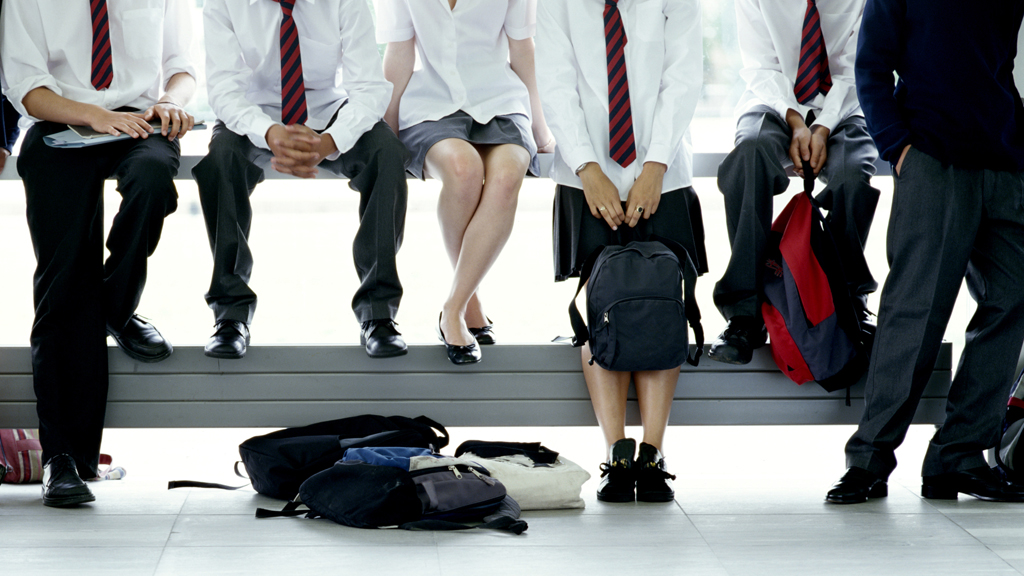Generation sex: the new rules of the playground
Forget a fumble behind the bike-sheds. Sexting and watching porn are just part of growing up nowadays, as Rachel Seifert finds out as she talks to teenagers for a Channel 4 News investigation.

It didn’t take me long to realise that I was way behind the times. I would like to think that it wasn’t that long ago since I was at school, yet the new rules of the playground seemed so far removed from what I remember.
Talking to today’s young teens up and down the country, the response was overwhelmingly uniform. Being the first generation of girls and boys who have grown up entirely in the online digital space, it was very quickly apparent that the old rules of playground dating had been ripped up and rewritten – touchscreen style.
Passing notes under the table, fumbling behind the bike-sheds, and hoping for a snog were, quite literally, old school. And even the relatively recent headline phenomena of sexting, and watching porn, were now no longer the extremes but just simply part of growing up today.
Passing notes under the table, fumbling behind the bike-sheds and hoping for a snog were, quite literally, old school.
What shocked me was not that this was happening, but the scale that it was on from early teen years. Girls are bombarded almost on a daily basis with requests for what are simply now called “pictures”. Boys collect the various naked photos in an album as a sort of trophy. Girls receive unrequested photos of boys’ private parts. Boys send sex lists with smiley faces asking girls what they would do. Often they don’t even know each other, or have never even met.
“It just happens. It’s normal,” was the common response. It seems this is the new way of flirting, and the modern way of playground dating.
Read more on Generation sex: explicit pics 'the norm' for teens
From the pill to the smartphone
But where once the pill liberated adult sexual relationships, today the smartphone is fast changing relationships and expectations of teenagers. Both girls, but also, interestingly, boys, are feeling under increasing pressures due to the over-sexualised society they are growing up in.
But what was very clear from the kids was their remarkable resilience to this new world. Because to them it is just the norm, they have learnt a way to navigate it.
“We just deal with it. We shrug it off. We move on,” were the most common responses.
But they are still kids – and despite their refreshingly open and honest discussions, there was a desperate craving for adults to engage with them and to help them to navigate this brave new world.
The sessions repeatedly overran as the children were debating and discussing amongst themselves, and I sat absolutely fascinated by this rare insight into their world.
One boy summed up what many others had said to me as he shook my hand as he left the room – “Thanks, that was really interesting. It’s the first time anyone’s spoken to us about it and it was really helpful. Thanks.”